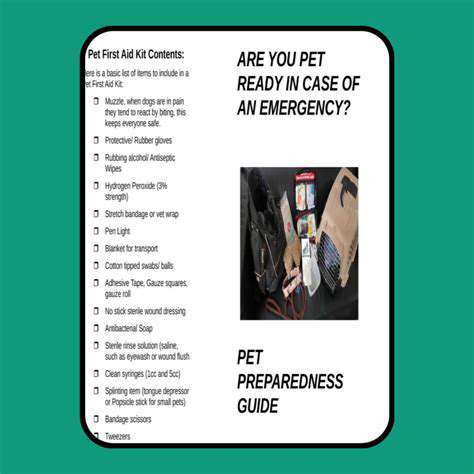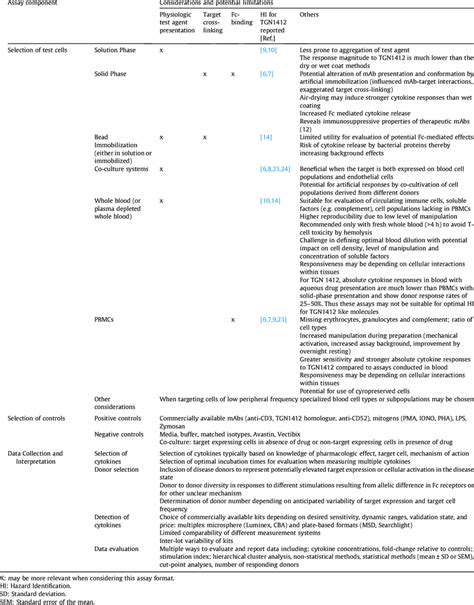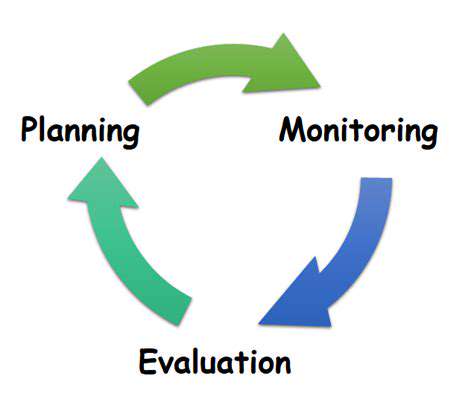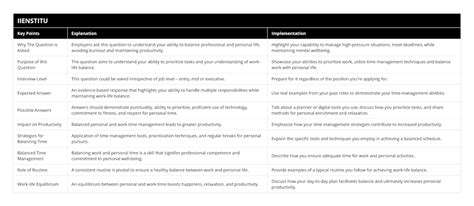Early Detection of Pet Illness: Signs Not to Ignore
Inspecting Your Pet's Coat, Skin, and Body Condition
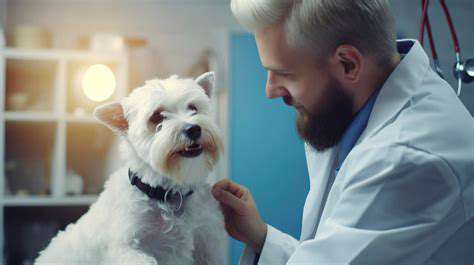
Coat Condition
A healthy pet's coat should be smooth, shiny, and free from mats or tangles. Inspecting the coat for any unusual dryness, oiliness, or shedding patterns is crucial. Paying close attention to the overall texture and appearance can help you identify potential underlying health issues. For example, excessive shedding could indicate an allergy or a nutritional deficiency. A dull or brittle coat might suggest a lack of essential vitamins or minerals in their diet.
Regular brushing and proper grooming are vital for maintaining a healthy coat. This helps to remove dead hair, distribute natural oils, and prevent the build-up of mats and tangles. Brushing your pet regularly will also allow you to identify any unusual lumps, bumps, or parasites that might be present in the coat, encouraging proactive veterinary care if needed.
Skin Health Assessment
Examine your pet's skin for any redness, inflammation, or unusual scaling. Look for any signs of irritation or discomfort, such as scratching, licking, or biting at specific areas. These signs can be indicators of skin allergies, fungal infections, or other dermatological conditions, which require professional veterinary attention. Consistency is key; regular checks allow you to detect any changes quickly.
It's important to note the location of any skin issues. Areas where scratching or biting is concentrated can provide valuable clues about the cause of the problem. For example, intense scratching around the ears could point to ear mites or allergies. It's essential to document these observations in a pet health journal to track patterns and discuss them with your veterinarian.
Identifying Potential Issues
Beyond the coat and skin, pay attention to your pet's overall demeanor. Are they exhibiting any signs of discomfort or pain while grooming themselves? Changes in behavior, such as decreased activity levels or appetite, can also be symptoms of underlying health problems. Any unusual changes should be noted and reported to your veterinarian.
Regular veterinary check-ups are essential for maintaining your pet's health and well-being. During these appointments, your veterinarian can examine your pet's coat and skin thoroughly. Early detection and treatment of any potential issues can lead to a more positive outcome for your pet. This proactive approach ensures your pet receives the necessary care to prevent minor issues from escalating into more serious health concerns.
Seeking Veterinary Care When in Doubt

Seeking Emergency Veterinary Care
When your pet is exhibiting signs of distress or injury, immediate veterinary attention is crucial. Prompt action can significantly improve the chances of a positive outcome and prevent further complications. Seek emergency veterinary care if your pet is experiencing difficulty breathing, showing signs of severe pain, has a seizure, or has ingested a potentially toxic substance. Waiting can worsen the situation, so don't hesitate to contact a veterinary emergency clinic or hospital immediately.
Many veterinary hospitals have 24/7 emergency services, and you can typically reach them by phone. It's important to be prepared to provide details about your pet's symptoms, breed, age, and any recent changes in behavior or activity level.
Recognizing Urgent Veterinary Needs
Recognizing the signs of an urgent veterinary need is a critical component of pet ownership. Understanding what is normal for your pet is essential for identifying deviations that might indicate a health emergency. Keep an eye out for unusual behavior, changes in appetite, lethargy, vomiting, diarrhea, or any signs of pain.
A sudden change in your pet's usual habits or appearance can signal a medical issue. If you notice any of these symptoms, it's best to err on the side of caution and contact your veterinarian or an emergency clinic right away.
Understanding Non-Emergency Needs
Routine veterinary care is essential for maintaining your pet's health and well-being. This includes vaccinations, parasite prevention, and regular check-ups. Regular visits allow your veterinarian to monitor your pet's overall health and identify any potential health issues early, when they are often easier and less expensive to treat.
Preventive care, such as vaccinations and parasite control, plays a crucial role in preventing illness and disease in pets. By scheduling regular check-ups, you're not only maintaining your pet's health but also fostering a strong bond with your veterinarian, ensuring they are well-informed about your pet's medical history.
Choosing the Right Veterinary Clinic
Selecting a suitable veterinary clinic is a significant decision. Consider factors like the clinic's experience with your pet's breed or specific needs, their emergency services availability, and their overall reputation within the community. Reading reviews and asking for recommendations from other pet owners can help you make an informed decision.
Researching veterinary clinics beforehand can save you time and stress during an emergency. Look for clinics with experienced veterinarians, modern equipment, and a caring and compassionate staff. This will help ensure a positive and effective experience for your pet.
Navigating the Veterinary System
Understanding how the veterinary system works can help you feel more confident and informed when seeking care for your pet. Familiarize yourself with the appointment process, emergency procedures, and payment options. Knowing the specifics of your chosen clinic will make your interactions smoother and more effective.
Preparing questions and keeping thorough records of your pet's health history, including vaccination dates and previous illnesses, is also essential. This information will assist the veterinarian in providing appropriate care.
Managing Pet Health Records
Maintaining comprehensive pet health records is vital for providing your veterinarian with essential information. This includes details on vaccinations, medical treatments, known allergies, and any previous illnesses. Having this information readily available can help your veterinarian quickly diagnose and treat any health issues your pet may experience.
Keeping a detailed health history is crucial for preventative care and ensures your veterinarian has all the necessary information to make informed decisions about your pet's health. Storing this information securely and organizing it efficiently will greatly assist the veterinary team.
Read more about Early Detection of Pet Illness: Signs Not to Ignore
Hot Recommendations
- Customized Sleep Schedules: AI Driven for Sustainable Rest
- Crafting a Personalized Productivity Plan for Mental Clarity
- Sustainable Self Compassion: Cultivating Kindness Towards Your Mind
- Sustainable Productivity Hacks for the Busy Professional
- Sustainable Wellness for Parents: Balancing Family and Self Care
- Data Informed Self Care: Designing Your Personalized Wellness Strategy
- Sustainable Wellness for a Purpose Driven Life
- AI Assisted Mindfulness: Personalized Meditations for Deeper Practice
- Building Inclusive Mental Health Services: Key Initiatives
- AI Powered Self Care: Customizing Your Routine for Maximum Impact


